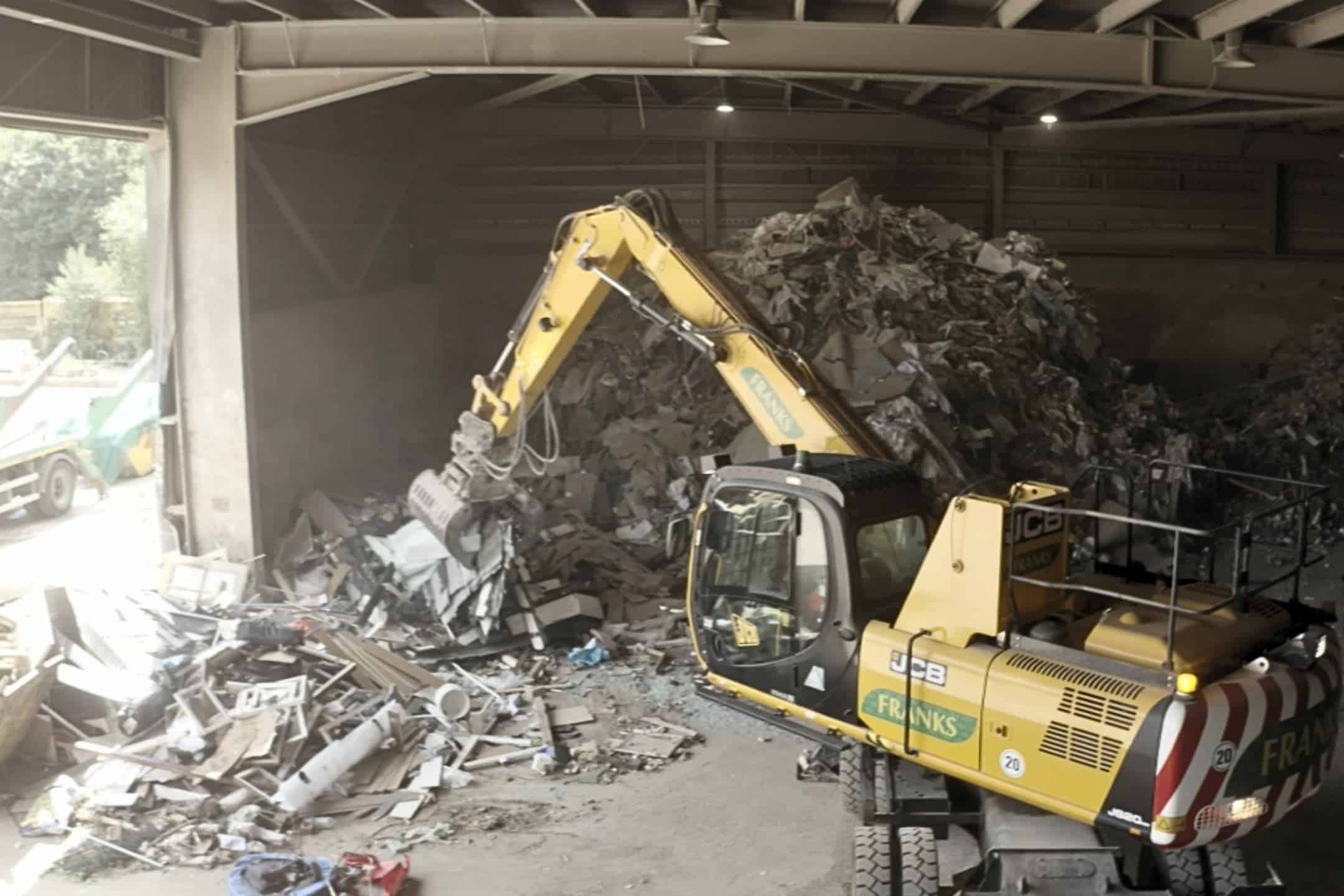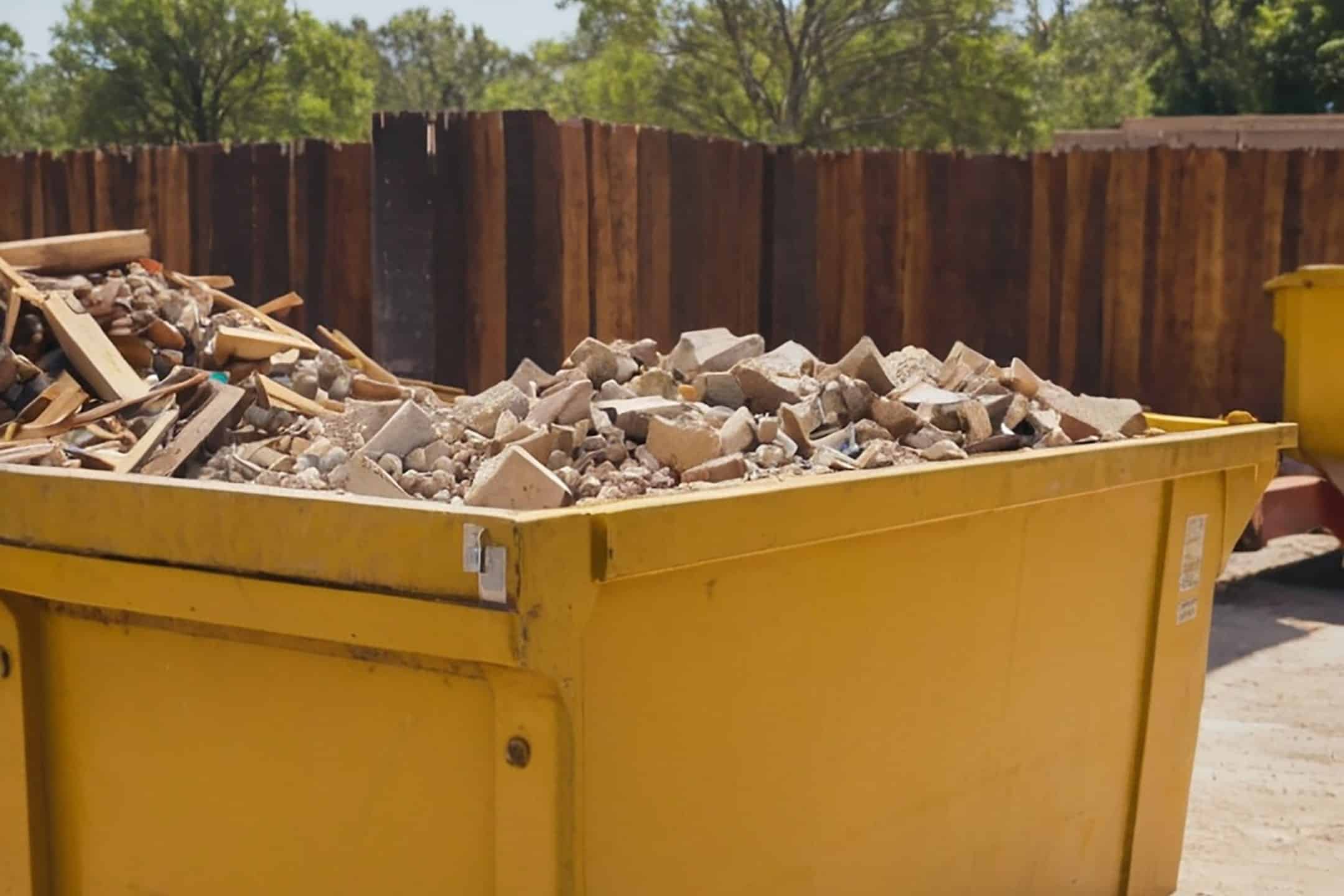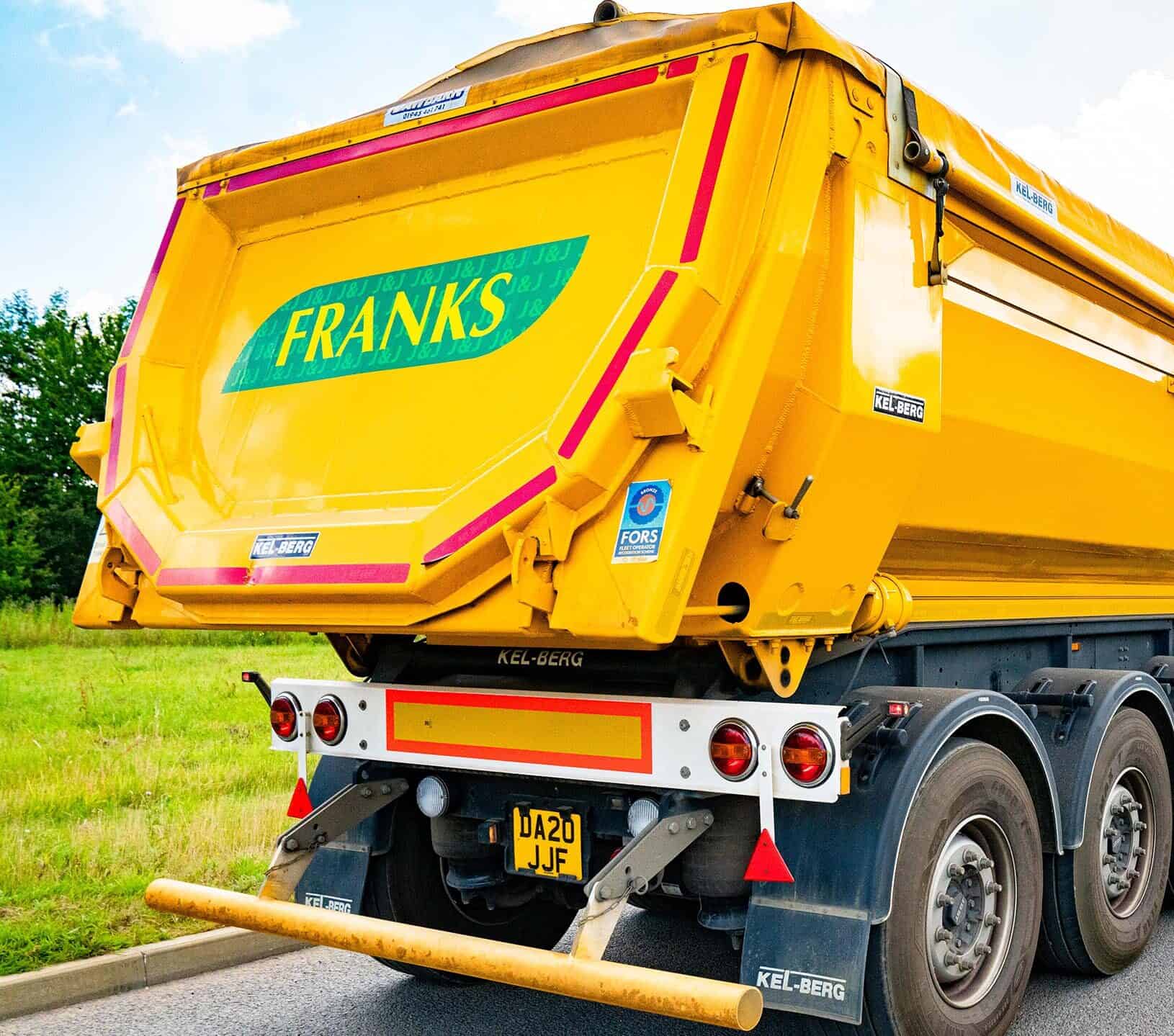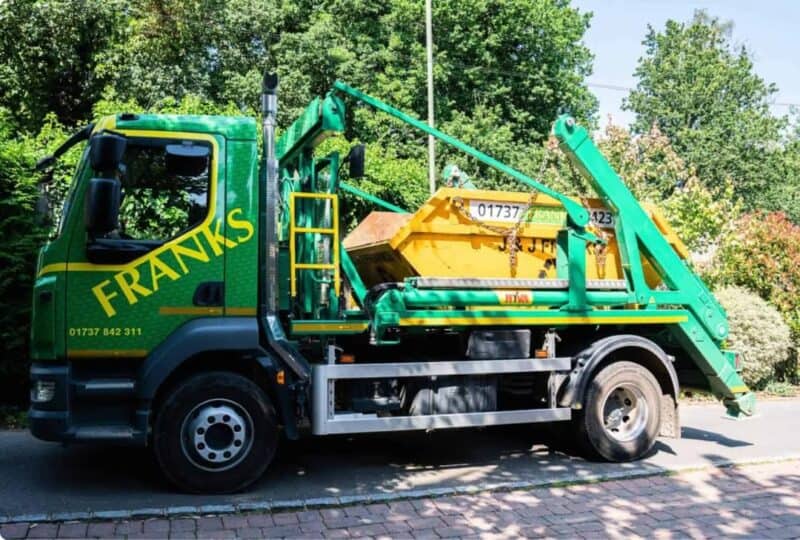Trade waste disposal has become increasingly challenging for businesses and tradespeople as traditional tips tighten their restrictions on what materials they accept, creating significant difficulties in managing materials such as construction debris and commercial byproducts. Without efficient disposal methods, companies risk falling out of compliance with regulations, harming the environment, and disrupting their operations. These stricter policies, often aimed at reducing landfill dependency and prioritising household waste, leave many businesses unsure of where to turn for suitable waste disposal. Licensed waste transfer and recycling facilities offer a practical alternative, ensuring compliance, promoting sustainability, and providing the means to divert recyclable materials from landfills.
Why tips refuse trade waste
Traditional tips remain a popular initial consideration for businesses aiming to dispose of trade waste, largely because of their convenience for household waste disposal. However, the differences between household and trade waste make traditional tips less suitable for commercial purposes. Trade waste typically consists of larger volumes and includes a variety of materials, such as construction debris, packaging, and hazardous substances, all of which require specialised handling. As such, many tips have implemented stricter policies or outright bans on trade waste to prioritise household materials.
The growing emphasis on reducing landfill dependency further complicates matters. Governments and environmental bodies are enacting policies to limit the amount of waste sent to landfills, with a particular focus on trade and commercial waste. This has led to a significant reduction in the capacity of landfill sites and stricter controls on what can be disposed of. As a result, even tips that do accept trade waste often impose higher fees to discourage excessive waste disposal and encourage recycling.
While these policies support sustainability, they can create obstacles for businesses that rely heavily on straightforward waste disposal. Increased costs and stricter regulations can be a burden, so exploring other trade waste management methods can help businesses stay compliant and operate smoothly.
Understanding your trade waste responsibilities
Businesses in the UK are legally required to manage their waste responsibly under the Environmental Protection Act 1990, specifically through what is known as the “duty of care.” This obligation ensures that businesses take all necessary steps to prevent harm to the environment or public health caused by improper waste disposal.
Holding a valid waste carrier licence is one of the primary responsibilities for businesses handling their own waste. This licence serves as a formal acknowledgment that the business is authorised to transport waste legally. Without it, transporting trade waste, even for short distances, can result in legal consequences.
Equally important is maintaining accurate and detailed waste transfer notes. These records act as a transparent audit trail for waste, detailing the type of materials, quantities, and final disposal method. Waste transfer notes are not only a legal requirement but also serve to protect businesses by providing evidence of compliance in the event of inspections or disputes.
In addition to fulfilling legal obligations, adhering to these responsibilities benefits businesses in several ways. Responsible waste management fosters trust with clients and the local community, enhances a company’s reputation, and supports long-term sustainability efforts. On the other hand, neglecting these responsibilities risks significant penalties, potential damage to public image, and operational disruptions.
Alternatives to traditional tips for trade waste disposal
With tips becoming less viable for trade waste, businesses must turn to alternative methods that cater specifically to commercial needs. Licensed waste transfer stations are among the most reliable options available. These facilities are designed to handle trade waste efficiently, offering solutions for everything from construction materials to general commercial waste. J&J Franks’ waste transfer stations are fully licensed and prioritise responsible disposal, ensuring that businesses meet their legal obligations without unnecessary hassle.
Skip hire and grab lorry services offer another practical alternative, especially for businesses generating large quantities of waste, such as construction firms. These services provide containers of various sizes that are delivered and collected as needed. The convenience and flexibility of skips and grab lorries make them ideal for managing high-volume waste, reducing the time and labour associated with traditional disposal methods.
J&J Franks’ trade waste recycling services offer a comprehensive and sustainable solution for businesses facing restricted tip access. Our facilities are equipped to handle a wide variety of waste materials, including mixed construction and demolition waste, timber, plasterboard, and soils. By focusing on recycling and resource recovery, J&J Franks helps businesses minimise their environmental impact and adhere to legal requirements. With transparent pricing and flexible services tailored to meet the needs of trade professionals, we provide an efficient and eco-friendly alternative to traditional tips, ensuring businesses can manage their waste responsibly while staying operationally efficient.
By exploring these alternatives, businesses can not only meet the challenges posed by restricted tip access but also enhance their overall waste management strategy. Adopting these solutions demonstrates a commitment to sustainability, compliance, and operational efficiency.

The role of recycling in trade waste management
Recycling plays a crucial role in managing trade waste sustainably. By separating recyclable materials such as wood, metal, and plastics, businesses can significantly reduce the amount of waste sent to landfills. Recycling not only conserves natural resources but also supports a circular economy, where materials are repurposed into new products.
J&J Franks’ waste transfer stations prioritise recycling. Our facilities are equipped to sort and process recyclable materials, ensuring they are diverted from landfills and reintroduced into the supply chain.
Recycling also has financial benefits. Clean, sorted recyclables are often less expensive to dispose of than mixed waste, making it a cost-effective strategy for managing trade waste.
Cost-effective strategies for managing trade waste
Trade waste disposal can be simplified and made more cost-effective with J&J Franks’ waste transfer stations. Our facilities provide expert handling and sorting of trade waste, eliminating the need for businesses to pre-sort materials. Whether it’s recyclables, hazardous waste, or general commercial waste, J&J Franks ensures that all materials are managed responsibly and efficiently. This approach not only saves time and effort but also maximises recycling opportunities.
Using pay-as-you-go disposal services is another cost-effective option. These services allow businesses to pay only for the waste they dispose of, avoiding the fixed costs associated with traditional waste removal methods. Our waste transfer stations offer this pricing model, providing flexibility for businesses with varying waste volumes.
Optimising waste collection schedules can also help minimise costs. By coordinating collection times with peak waste generation periods, businesses can reduce the frequency of pickups and associated fees.
Effectively managing your trade waste
Managing trade waste effectively is essential for businesses facing the increasing restrictions at traditional tips. By understanding the reasons behind these challenges, fulfilling legal responsibilities, and exploring alternative disposal options, businesses can ensure compliance, sustainability, and operational efficiency.
J&J Franks provides reliable solutions for businesses struggling with trade waste disposal. Our fully licensed waste transfer stations and trade waste recycling facilities are designed to handle a wide range of trade waste, ensuring compliance with regulations and supporting sustainable practices.
Don’t let trade waste disposal challenges disrupt your business. J&J Franks’ waste transfer and recycling facilities offer the perfect solution when tips won’t accept your waste. Contact us today to learn how we can meet your trade waste disposal needs.









